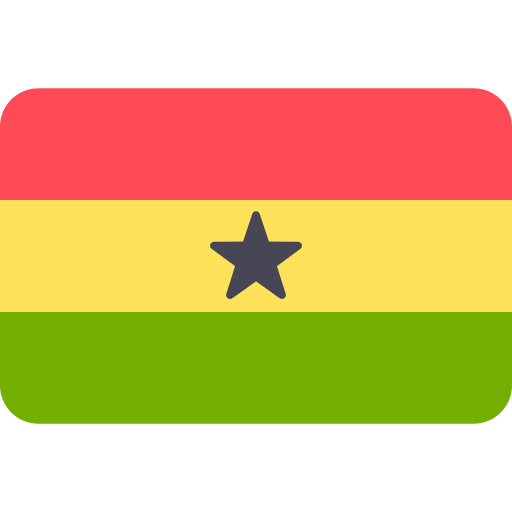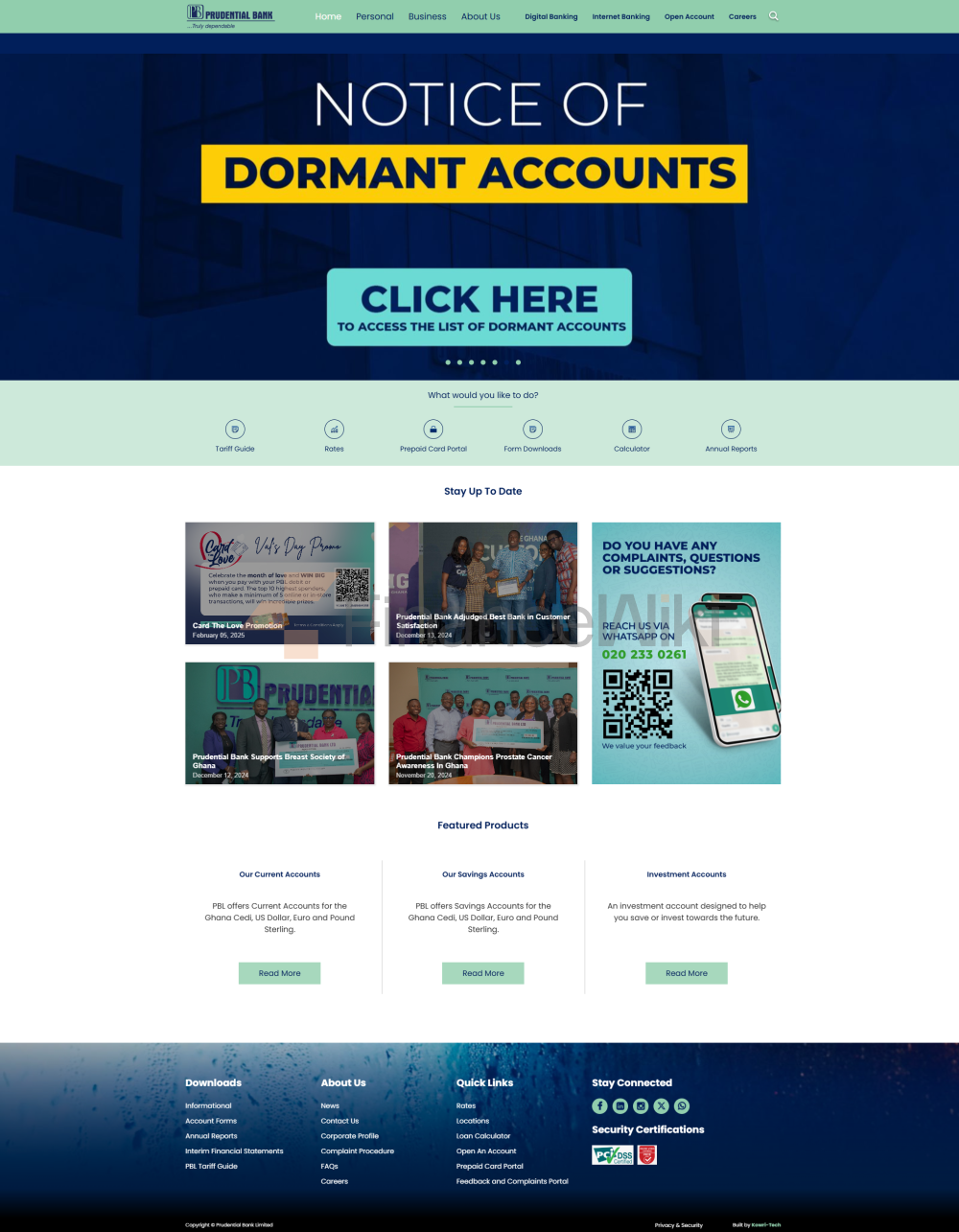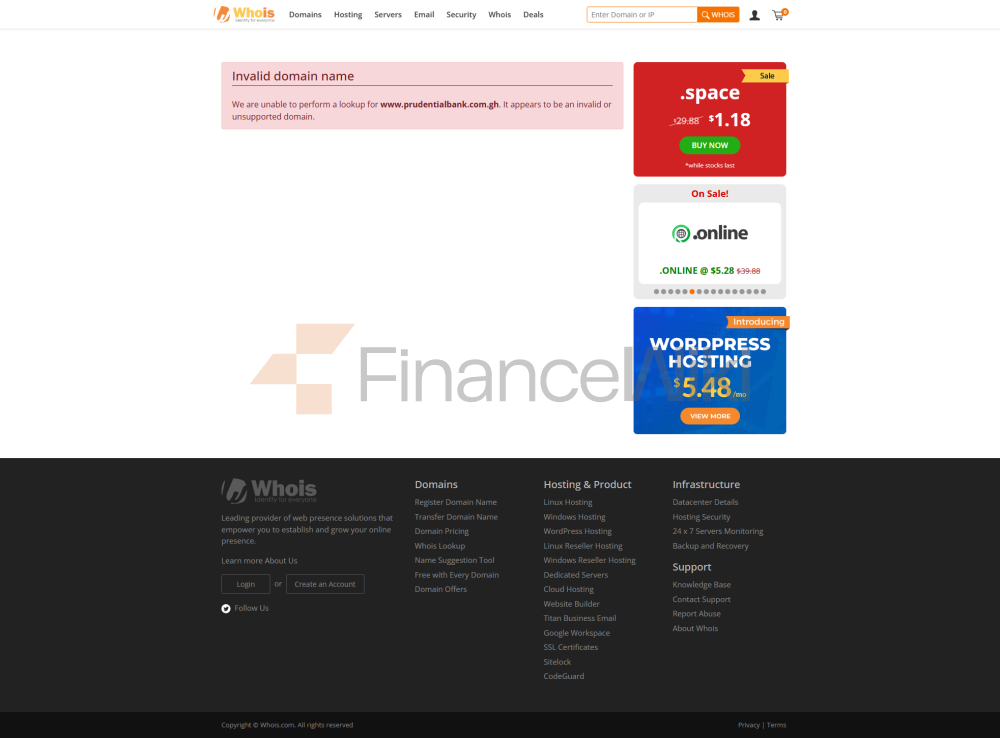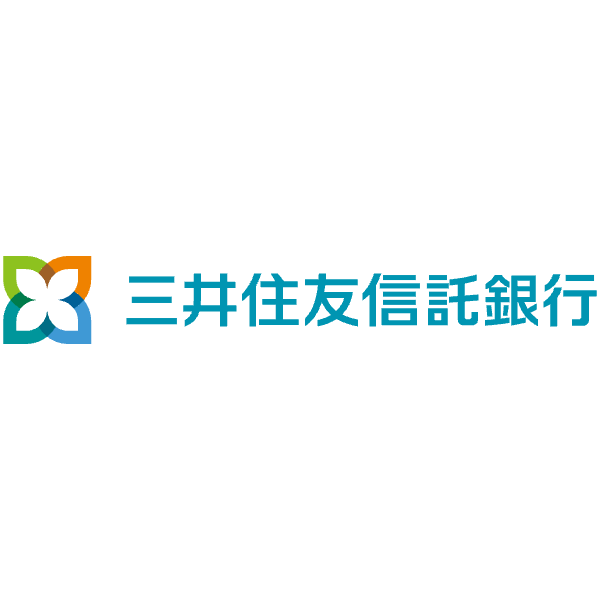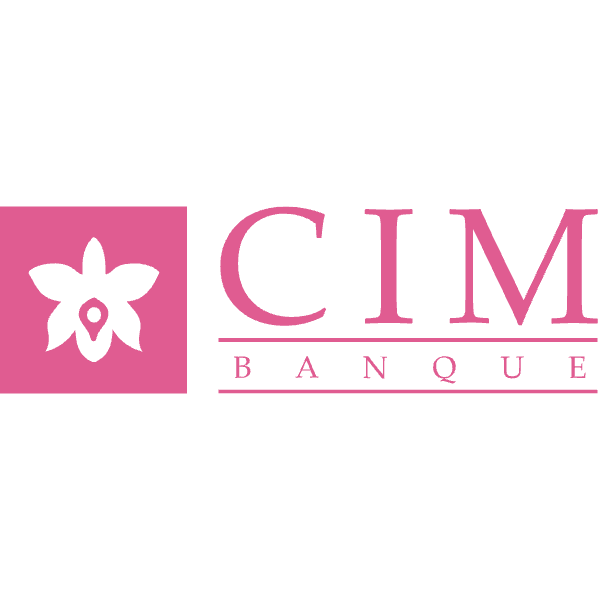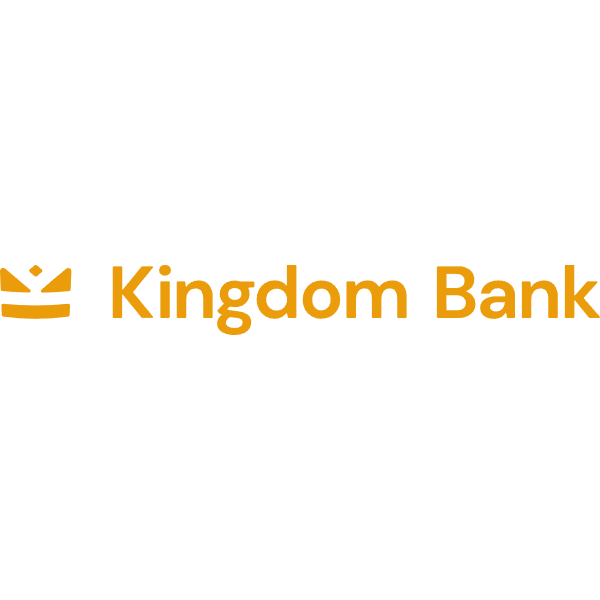Yaygın olarak İhtiyati Banka olarak bilinen İhtiyati Banka Limited (PBL), Gana 'da özel bir ticari bankadır. Gana Bankası, Merkez Bankası ve Ulusal Bankacılık Denetleme Otoritesi tarafından lisanslanmıştır.
Konum
Bankanın merkez ofisi, Gana' nın başkenti ve en büyük şehri olan 8 Central John Hammond Caddesi, Ring Road, Accra Kanda 'da yer almaktadır. Bankanın merkez ofisinin koordinatları 5 ° 34 '24.0 "N, 0 ° 11' 31.0" W 'dir (enlem: 5.573335; boylam: -0.1949).
Genel Bakış
Banka 1993 yılında kuruldu ve ilk şubesini 15 Ağustos 1996' da Accra 'da açtı.
PBL, küçük ve orta ölçekli işletmelerin ve bireylerin bankacılık ihtiyaçlarını karşılama konusunda uzmanlaşmış orta ölçekli bir bankadır.
31 Aralık 2012 itibariyle bankanın toplam varlıkları GHS: 676.61 milyon ve hissedarların özkaynakları GHS: 85.10 milyon idi.
Bağlı ortaklık
Temmuz 2023 itibariyle, PBL tamamen sahip olduğu bir yan kuruluşu sürdürdü:
Prurup > Menkul Kıymetler Sınırlı, kurumsal emeklilik fonu yönetimi, finans fonu yönetimi, işletme fonu yönetimi ile uğraşmaktadır. Danışma hizmetleri, hisse senedi ve ekonomik araştırma.
Sahiplik
30 Haziran 2023 itibariyle bankanın hisseleri aşağıdaki tüzel kişiler ve kişiler tarafından tutuldu:
Branch Network
Temmuz 2023 itibariyle PBL 'nin şu konumlarda 39 şubesi ve 2 acentesi vardı:
- Abeka Şubesi - Accra
- Aboabo Şubesi - Kumasi <> Abossey Okai Şubesi - Accra
- Accra Şubesi - Accra
- Adentan Şubesi - Accra
- Afful Nwanta Branch - Kumasli / li > Şehir Şubesi - Accra
- Kantonlar Şubesi - Accra
- Cape Coast Şubesi - Cape Coast
- East Legon Şubesi - East Legon, Accra
- Haatso Şubesi - Accra
- Koforidua Şubesi - Koforidua Şubesi - Koforidua
- Kumasi Adum Şubesi - Kumasi
- Kumasi Ana Şubesi - Kumasi
- Medina Şubesi - Accra
- Makola Şubesi - Accra
- Mataheko Şubesi - Accra Metodist Üniversitesi Kurumsal Şubesi - Accra
- Santasi Roundabout Branch - Kumasi
- Spintex Road Branch - Accra
- Suame Maakro Branch - Kumasi
- Sunyani Branch - Sunyani
- Taifa Branch - Accra
- Port Takoradi Branch - Takoradi
- Takoradi Circle Branch - Takoradi
- Tamale Branch - Tamale
- Techiman Branch - Techiman
- Tema Community 1 Branch - Tema Tema Fishing Branch - Acli > Cape Coast Ajans Şubesi - Cape Coast Üniversitesi Kurumsal Şubesi
- Ghana Üniversitesi Şubesi - Accra
- Valley ViewA Şubesi - Accra
- Weija Şubesi - Accra Row Sahip Adı Sahiplik Yüzdesi 1 Ghana Konsolide Güven 47.002 Frank Owusu 17.103J. S. Addo Advisors Limited 8.634PBL Personel Sağlayıcı Fon Mütevelli Heyeti 6.475 Akwasi Aboaji Atua 4.336 Ghana United Sigorta Limited 4.257 Stephen Sekiel-Abankwa 3.8Nortey K. Omaboe3.639 Kofi Essen 2.0910NTHC Brokerage Hizmetleri Limited 1.6511 John Addo 0.8212 Nana Ajiyi Dooku <38> Toplam güçlü

